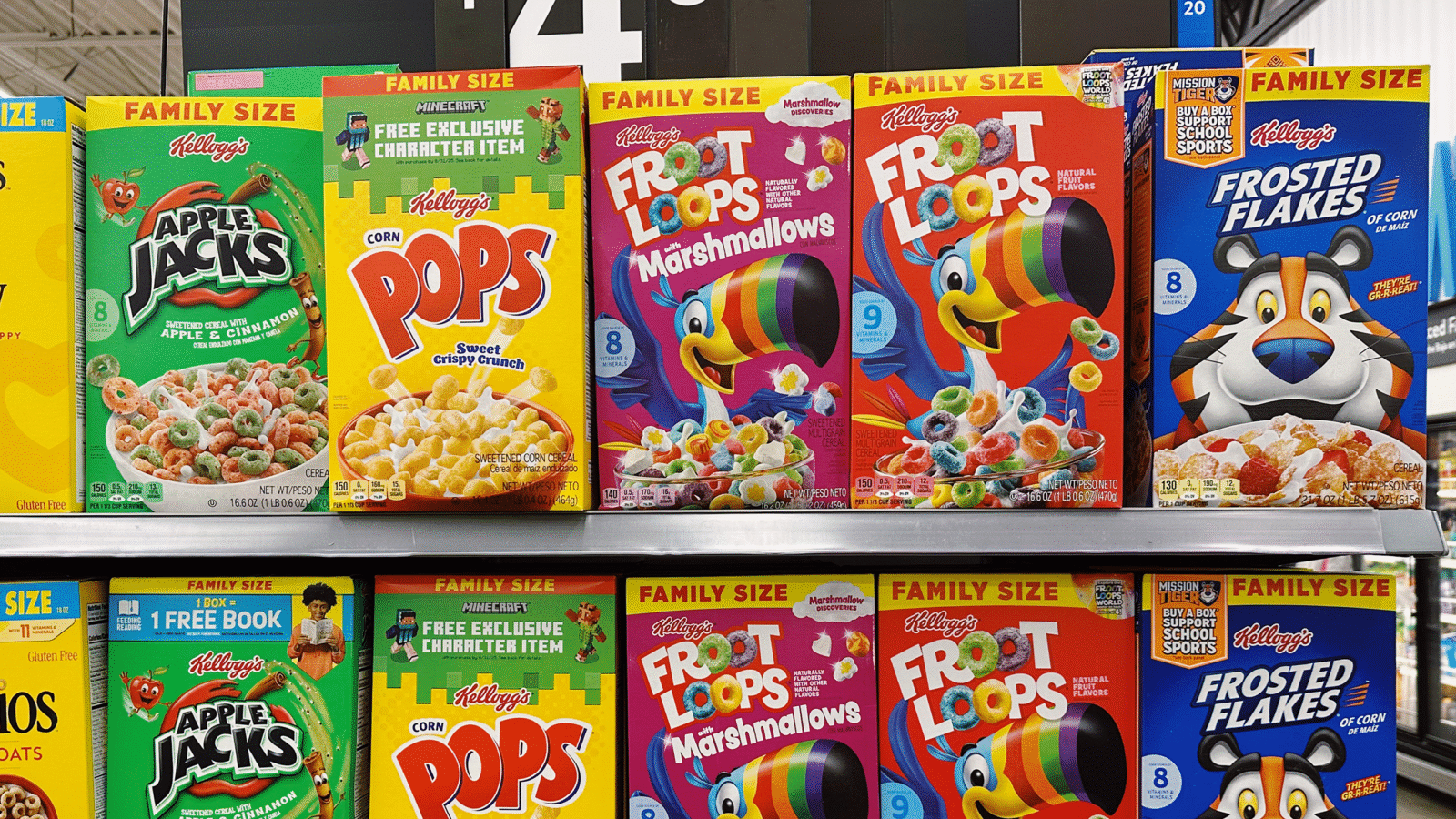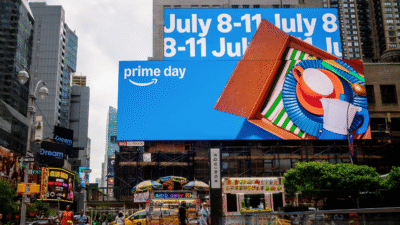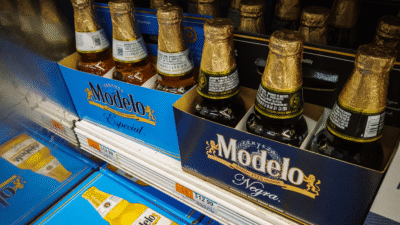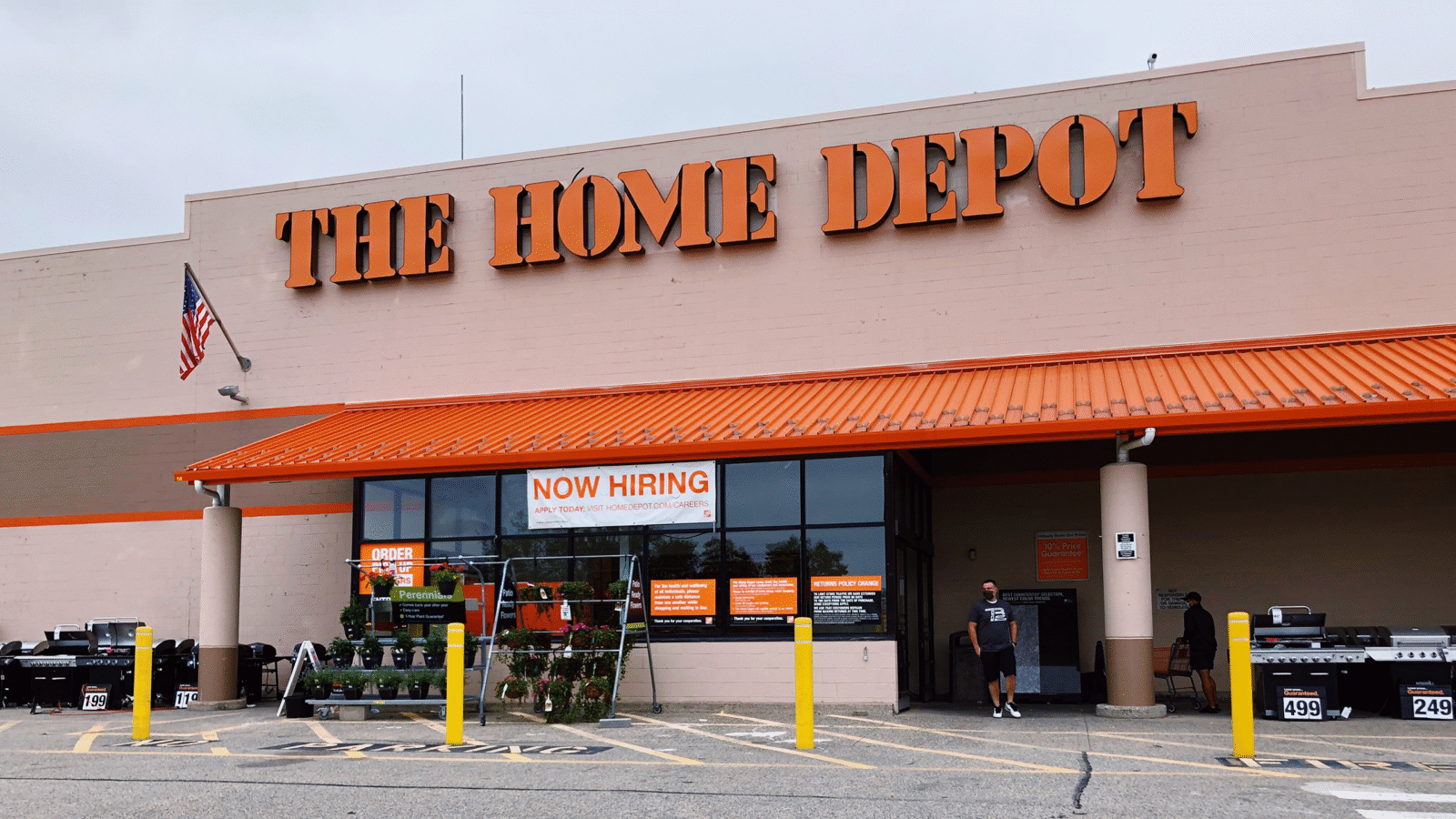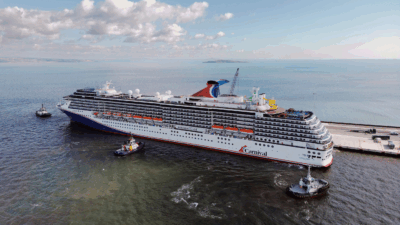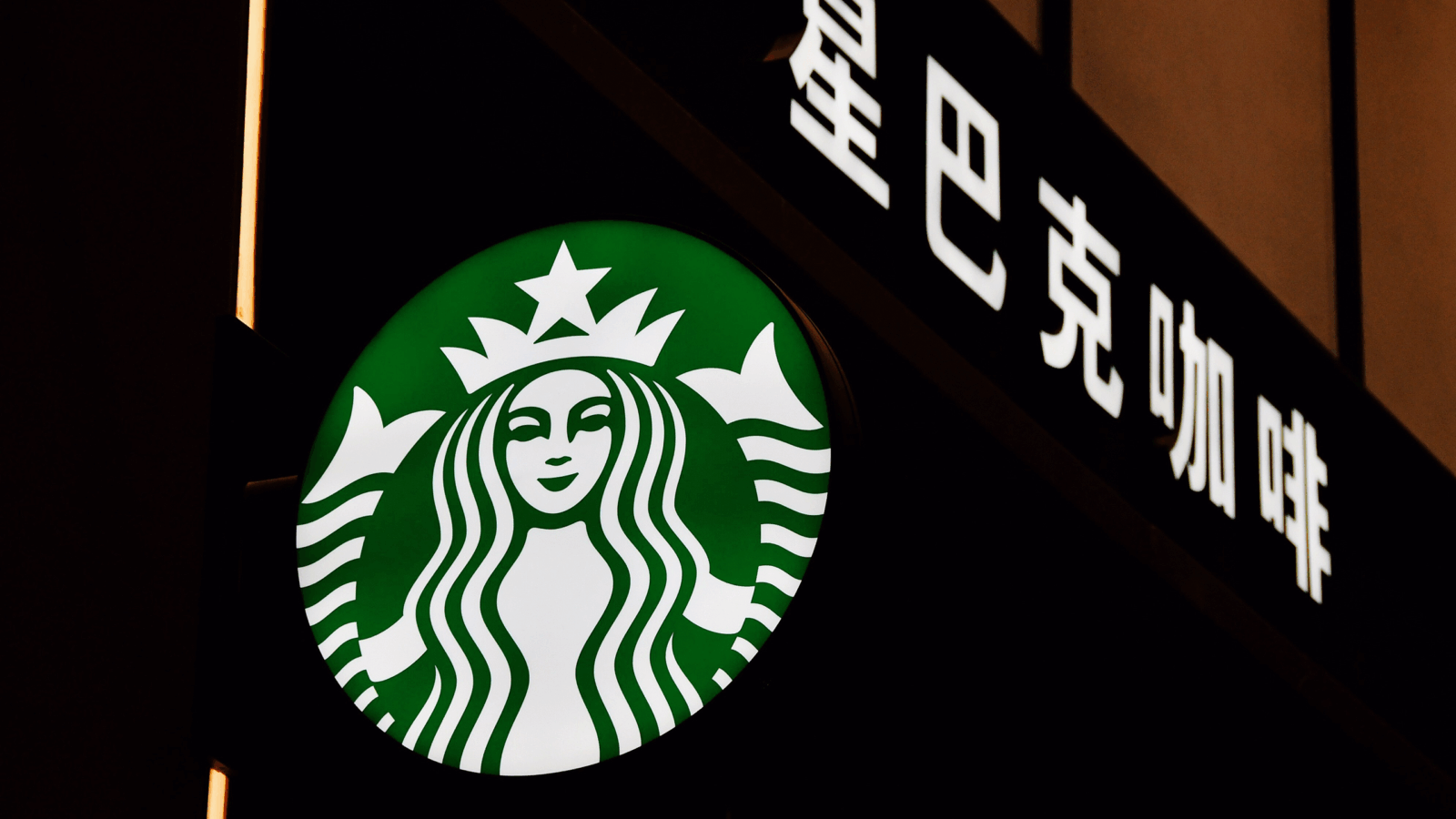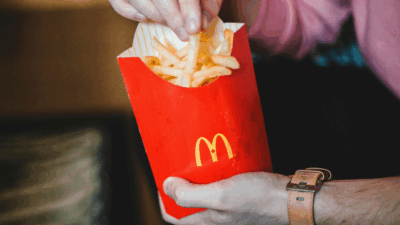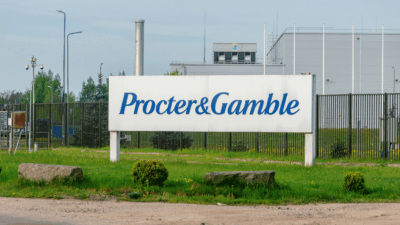McDonald’s Top Line Took a Hit from the Israel-Hamas War
The burger giant had mostly stellar growth around the world, but the volatile region has become the scene of critical boycotts.
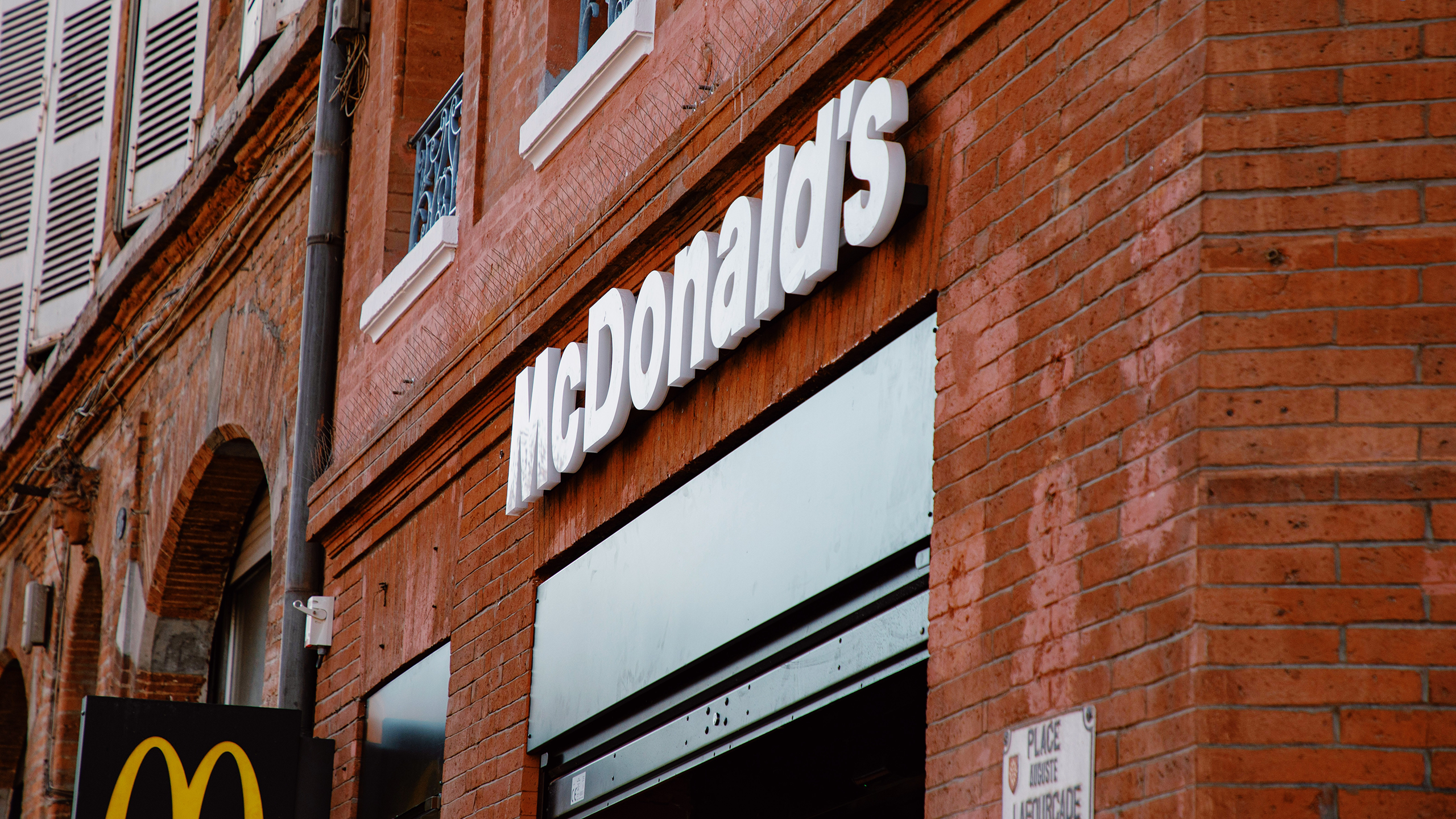
Sign up for smart news, insights, and analysis on the biggest financial stories of the day.
Add two all-beef patties, special sauce, lettuce, cheese, pickles, onions on a sesame-seed bun to your list of casualties of war.
The Israel-Hamas war has hit McDonald’s revenue as Middle East sales nose-dived, according to the fast food chain’s fourth-quarter earnings released Monday.
This Bites
The burger giant used promotional deals and menu price-hikes to some success in the US, as the company beat Wall Street’s overall profit expectations and saw Q4 same-store sales jump 4.3% in its home country. Those gains might dwindle, though, as increasing labor costs — especially in California, where the minimum wage will rise to $20 an hour in April — could mean more menu hikes that hit low-income customers, who the company said are already spending less.
McDonald’s main quarterly drag came from the Middle East, which contributes about 10% of the company’s overall revenue. McDonald’s said comparable sales for its international licensed division grew in all regions except for the Middle East, The Wall Street Journal reported. The company cited social media-fueled boycotts from both sides that are tied to the ongoing fighting between Israel and Hamas. In one of the most war-torn regions on the planet, even soft drinks and burgers are geopolitical:
- McDonald’s HQ hasn’t issued any statements that support either side of the conflict. However, in October, the company’s Israeli franchises, which are operated autonomously, announced they would provide thousands of free meals to Israel Defense Forces personnel.
- Locations in Muslim countries disavowed the move and donated to Palestine, and yet many were still vandalized following Israeli missile strikes on Gaza.
Other major brands have been caught in the crossfire. After Starbucks Workers United expressed support for Palestine in a series of social media posts, some Jewish leaders called for a boycott.
No Coke. Pepsi: US brands have a long history of getting tripped up by Middle Eastern politics. In the 1960s, a major Jewish boycott of Coca-Cola arose because the Atlanta-based soda maker established bottling operations in Arab nations, but not in Israel. Even Jewish-led American institutions like Nathan’s Famous switched to Pepsi from Coke. When Coke finally set up shop in Israel, it elicited a boycott by the Arab League. As a result, Pepsi flourished in the region, just like it did at Saturday Night Live’s Olympia Diner.
